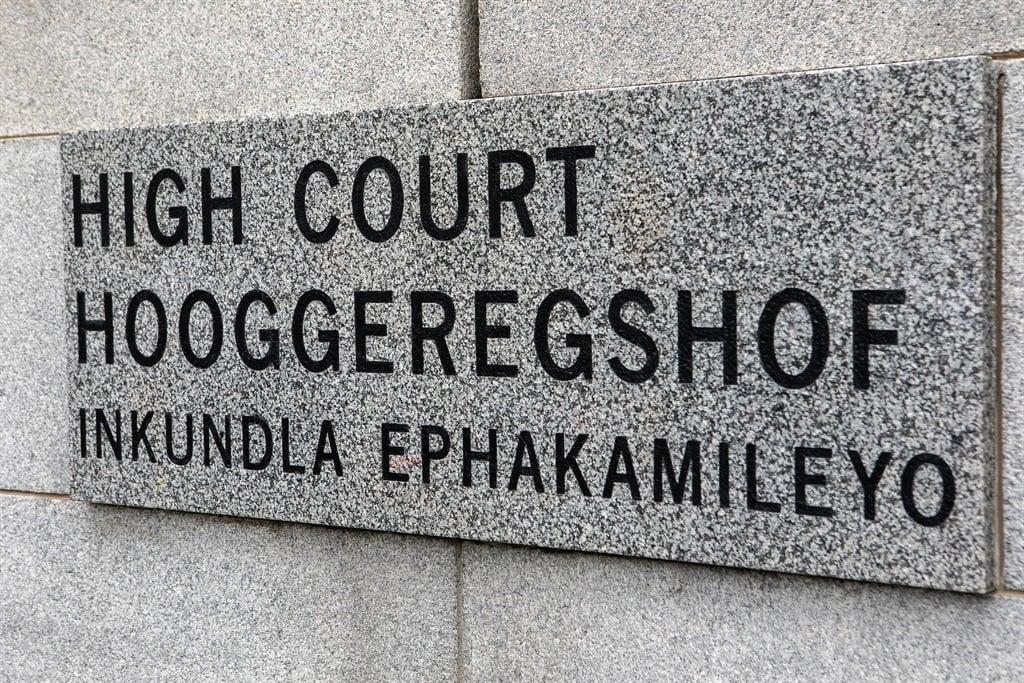Africa-Press – South-Africa. In an almost inexplicable and bizarre case, a magistrate’s court in Mpumalanga convicted and sentenced a man who did not stand trial, nor was he facing any charge.
How the man found himself convicted and sentenced without having a charge read to him, and without having pleaded, was set out by the Mpumalanga High Court in Nelspruit, which reviewed the case.
The first issue arising from the matter was that there was no proper record of proceedings that captured the events in the Nkomazi District Court held at Komatipoort on 22 July 2022, as the court recording machine was not operational.
Instead, Judge Takalani Vincent Ratshibvumo had to piece together what happened from a record reconstructed from the notes of the magistrate, who is not named.
According to Ratshibvumo’s review judgment handed down in December, a man was summoned to appear in court in terms of the Maintenance Act, as he had allegedly failed to comply with an order to make payments for the maintenance of his child.
Before the matter was called, the man approached the prosecutor and arrangements were made to pay off the arrears amount of R6 000 in two instalments, with the first to be made on the same day he was to appear in court.
How safe is your neighbourhood? Find out by using News24’s CrimeCheck
Happy with this arrangement, the prosecutor then called the matter to ask for a postponement which would allow the man to pay the arrears.
“When the case was called, the Public Prosecutor informed the court of the arrangement he reached with the accused and requested it to confirm this and if he admitted that he owed R6 000 in arrears for maintenance of the child,” Ratshibvumo said.
“In the process of asking this, things took an about-turn when out of nowhere, the accused suddenly heard the court pronounce that he was found guilty as charged, and he was called upon to address it in mitigation.”
The magistrate then asked the prosecutor to address the court for sentencing, but he had no submissions to make.
Arbitrarily, after convicting the man, seemingly without him having a trial or even pleading to a charge, the magistrate then converted the trial into an inquiry in terms of the Maintenance Act.
Despite converting the matter into an inquiry, the magistrate still sentenced the man to a R6 000 fine or six months imprisonment. Ratshibvumo noted that a person cannot be sentenced in a maintenance inquiry, as it is no longer a criminal matter.
In the reconstructed record, the magistrate meted out the sentence, then noted that the criminal proceedings had been converted into an inquiry, and then stated that the arrears of R2 000 was deferred to later that month, with the remaining balance to be paid before the end of September.
Ratshibvumo said:
“It seems the magistrate realised after imposing the sentence, that after the conversion of a ‘trial’, the accused should not have been sentenced. She may have decided to order the accused to rather pay the maintenance arrears instead. The inscription does not reflect this, though, I merely make presumption from the words, ‘arrears deferred’.”
Following the case, the magistrate sent the matter for special review.
According to the judgment, she raised whether it was procedurally correct for an accused to be convicted by merely admitting the elements of a crime, without the State laying a charge against him and without affording him a chance to plead.
“In conclusion, she concedes by remarking that the proceedings were not in accordance with the law. She only fell short of asking that they should be set aside,” the judge said.
He added that a trial which was not preceded by a charge being put and the accused pleading, was a mistrial, a gross irregularity and a misdirection on the part of the presiding officer.
He said:
Ratshibvumo said that it was clear that the proceedings were irregular and should be set aside.
He further noted that the State did not participate in the prosecution and the conviction of the accused, which appeared to have solely come from the court.
“In so doing, the magistrate failed to promote the judicial independence which stems from the separation of powers, with the prosecution authority on one side and the judicial one on the other. The magistrate also failed to protect the accused’s constitutional rights in this matter.”
Ratshibvumo said the case exposed the need for continuous peer training on the part of the judiciary, as such mistakes could potentially bring it into disrepute and could cause grave injustice to members of the public with severe repercussions to judicial officers, including but not limited to being sued.
“I suppose this case also signifies the need to have well-trained and experienced magistrates to preside in family or maintenance courts. For too long, these courts have been neglected alongside the traffic courts as courts where only the inexperienced magistrates would be allocated to work.”
The court subsequently set aside the conviction and the sentence.
For More News And Analysis About South-Africa Follow Africa-Press






